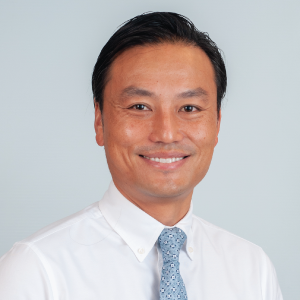Titles + affiliations
Principal Investigator, Center of Cancer Research
Massachusetts General Hospital
Research
Engineering CAR T-cells to Overcome the Chronic Lymphocytic Leukemia Microenvironment
Summary
Chronic Lymphocytic Leukemia (CLL) is the most prevalent adult leukemia. There is a pressing need for more effective therapeutic strategies for people with relapsed or refractory CLL. Chimeric antigen receptor (CAR) T cells are immune cell therapies in which a patient’s own T cell are collected, engineered to engage and attack tumor cells, and then returned to the body. While CAR T cell therapies have transformed the care of multiple types of leukemias and lymphomas, progress has been limited for CLL, in large part because CLL cells possess many signals that render T cell dysfunctional. Indeed, people with CLL are often immunosuppressed and are at heightened risk of infections. Here we propose to use synthetic biology approaches to intercept the proteins on CAR T cells that receive these inhibitory signals and route them to our endogenous protein degradation machinery for destruction, thereby overcoming CLL-mediated suppression. The proposed work leverages emerging technologies developed in our lab enabling drug-dependent degradation of inhibitory proteins in CAR T cells, so that these dysfunction-resistant CAR T cells can be tuned and personalized for optimal safety and predictability. Once completed, this study will design, build, and test next-generation cellular immunotherapies with the potential for direct translation to the care of people with CLL and many other forms of leukemia and lymphoma where T cell dysfunction limits patient responses to CAR T cell therapies.
Impact
The Leukemia Research Foundation New Investigator award was the first grant award to my lab and has been incredibly impactful for my lab's trajectory. The timely funding helped to accelerate the work of my first trainees and recruit new trainees to our startup group. The public support from Leukemia Research Foundation signaled the promise of my lab to other philanthropic organizations, which has been instrumental in our efforts to further support high-risk/high-reward blood cancer research. With LRF's generous support, we have been able to advance clinically suitable synthetic biology tools to make more potent, robust, and reliable cellular immunotherapies to treat Chronic Lymphocytic Leukemia and other leukemia subtypes, work that we are excited to expand beyond the grant term.

Leukemia Research Foundation grant
$100K awarded in 2022
Disease focus
Chronic lymphocytic leukemia (CLL)
Research focus
Treatment (immunotherapy)
